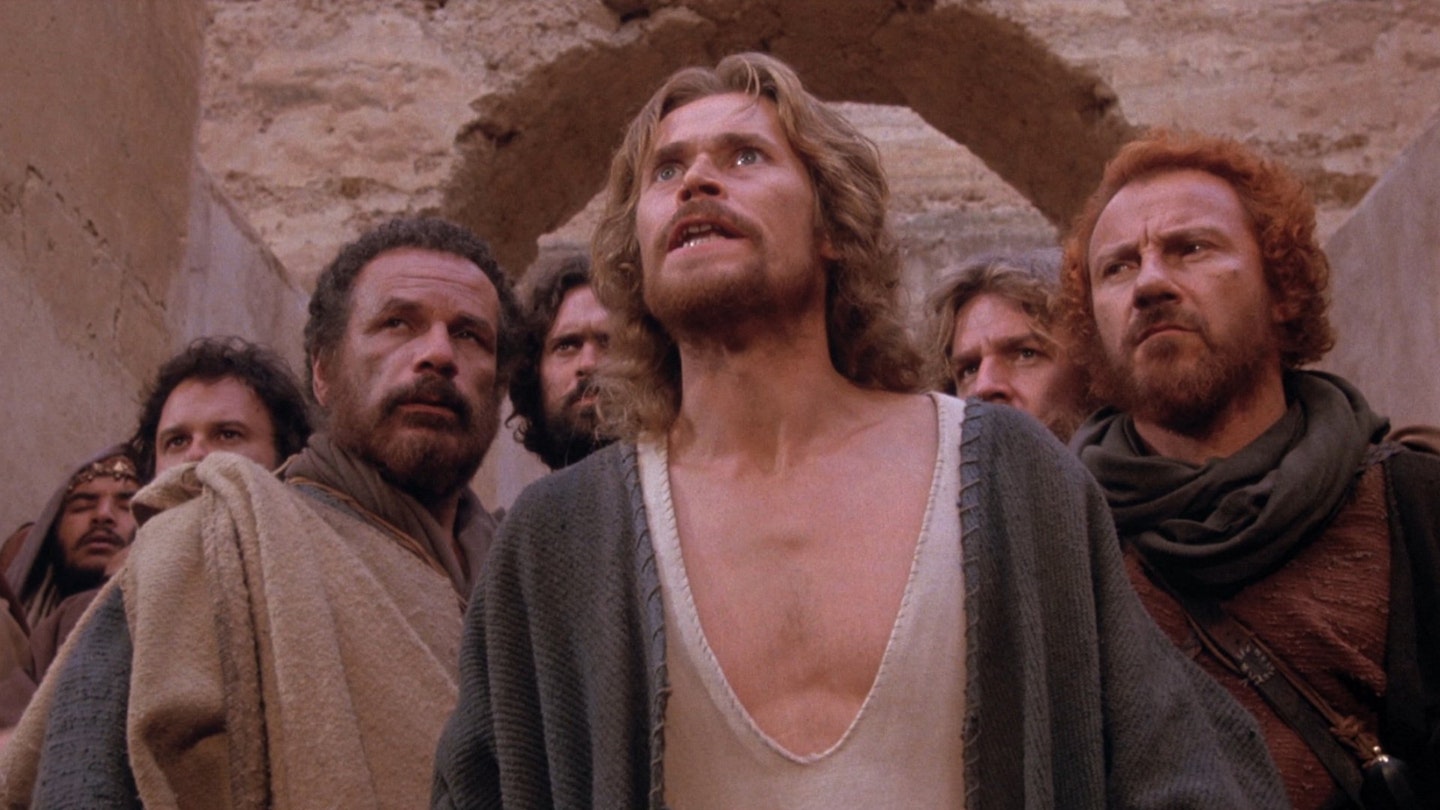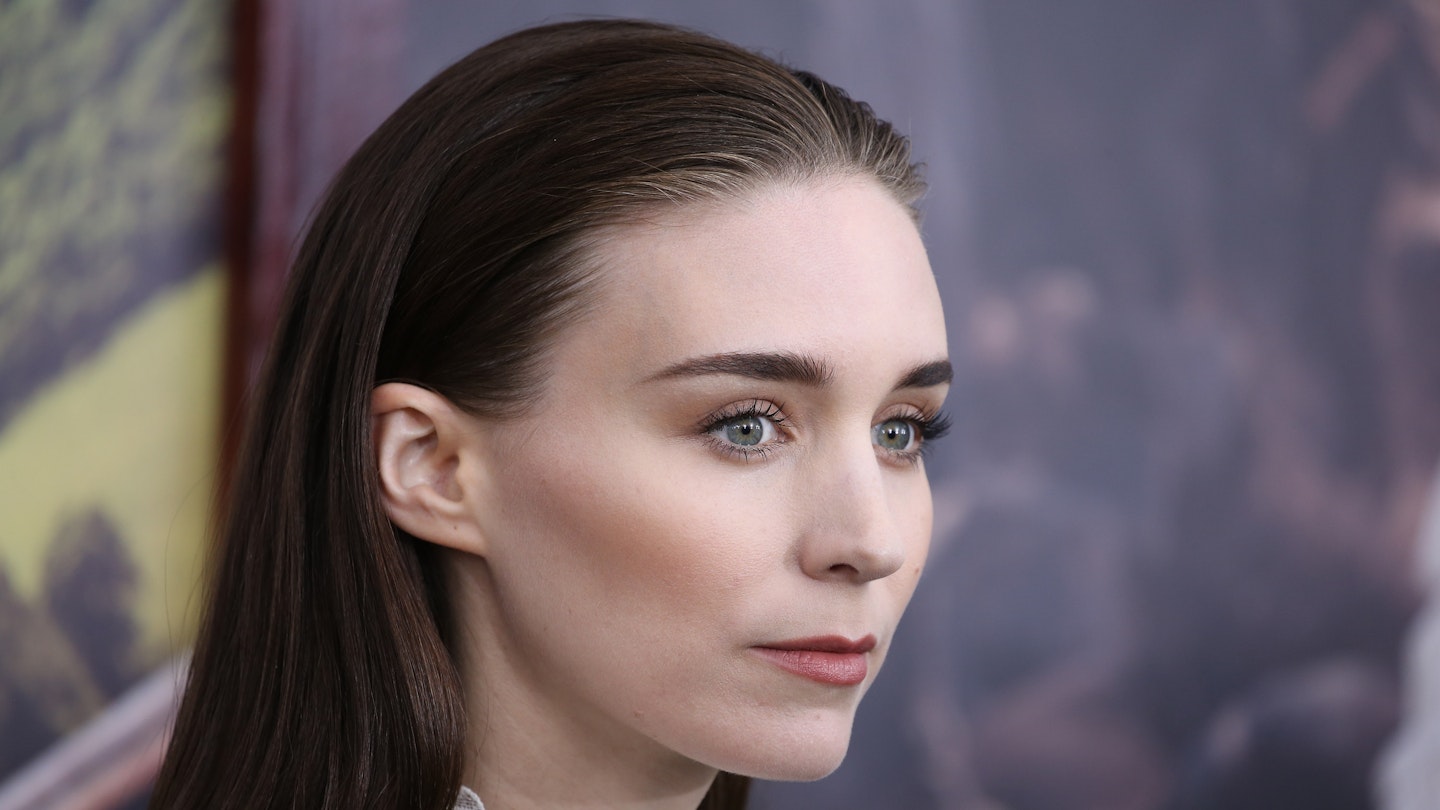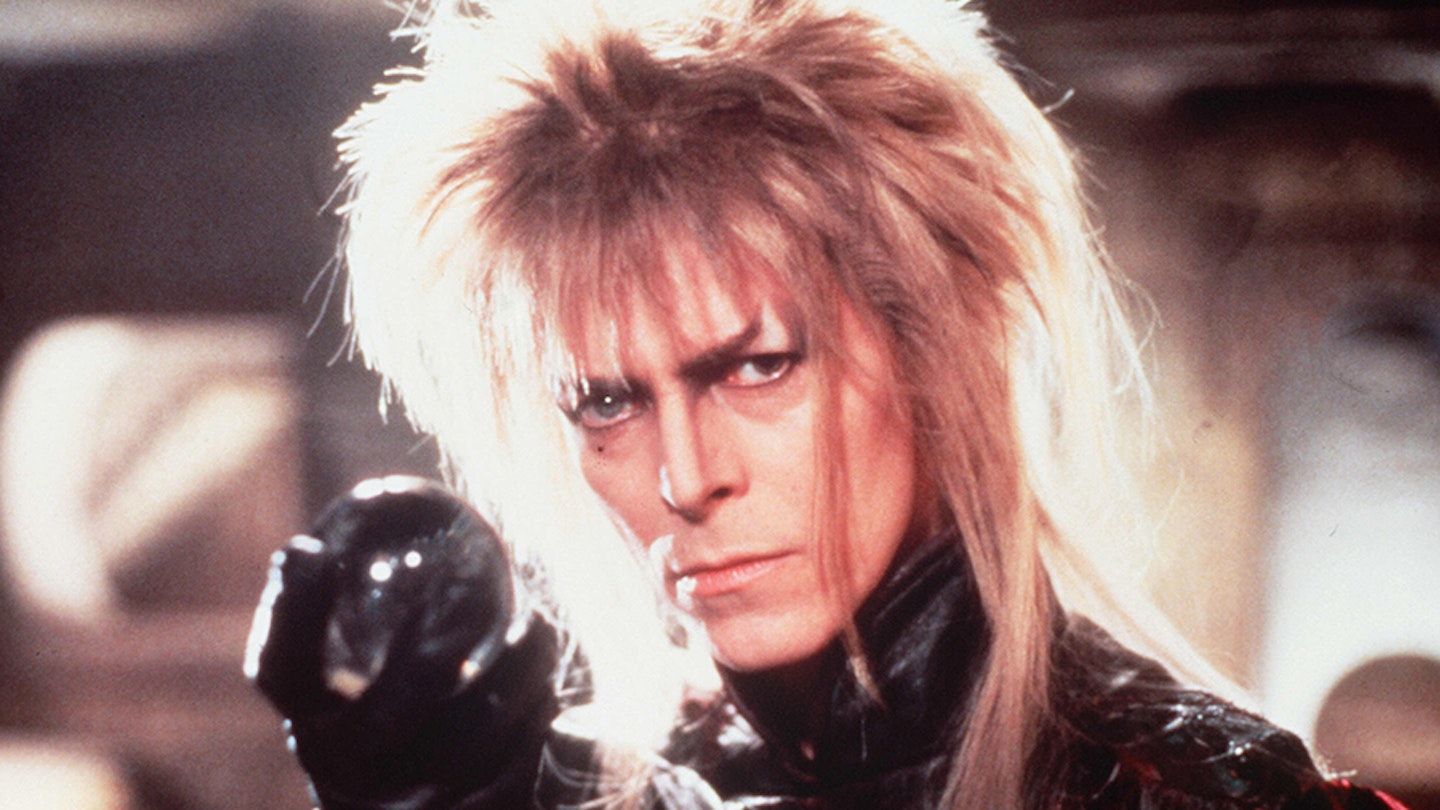The subject of heated controversy, this sincere, respectful film admits at the outset that it’s a fiction (from the novel by Nikos Katantzakis) rather than drawn from the Gospels. It makes a brave attempt to answer some of the problems raised by Jesus Christ as a historical, religious and dramatic character. Dafoe's Jesus is a self-torturing messiah, reluctant to tread his preordained path, attracted to the simple pains and joys of the ordinary life he can never lead, and never quite sure what it is God wants him to do.
The film has a dusty, realistic look - Judea is a Third World desert of tattooed women and vicious Roman occupation troops - and doesn't skimp on violence. Not until Mel Gibson’s more gruesome, less-protested Passion of the Christ was the crucifixion depicted as such a bloody, agonising business, and the film is complete with an epic load of ear-loppings, stabbings, mutilations, sacrifices and heart-rippings.
As in most religious epics, there are longeurs - including an ineffectual cameo by David Bowie as a bored Pontius Pilate - but Dafoe and (particularly) Harvey Keitel as an unusually heroic, red-headed Judas keep kicking the movie back into gear. The finale Mary Whitehouse was so upset by is worth the wait, though not for an extremely tasteful sex scene as Jesus becomes the husband of Mary Magdalene. In an inversion of the premise of It's a Wonderful Life, Jesus has a vision of the world as it would be if he chose not to die on the cross: he can live to a ripe old age, but humanity is doomed.



